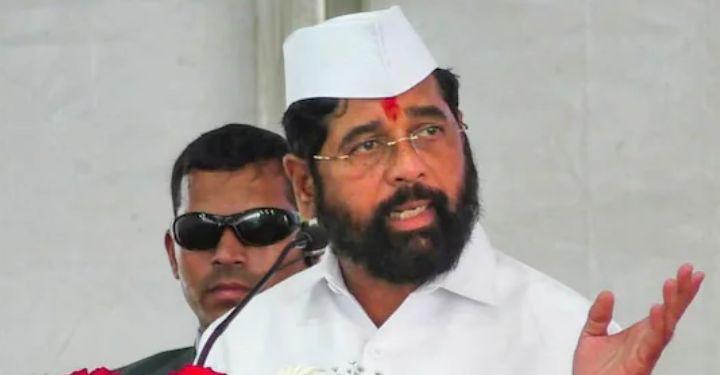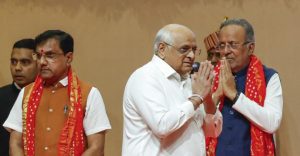In a country where VIP movement often comes with special privileges, an incident at Jalgaon Airport on June 6, 2025, painted a different picture—one of restraint, rule of law, and responsible leadership. Maharashtra Deputy Chief Minister Eknath Shinde, after concluding an official visit to Muktainagar, had to wait for over an hour due to an unexpected flight delay. The reason? His pilot had reached the end of his permissible flying hours.
The pilot’s refusal to operate the return flight was not a matter of defiance, but one of regulation. Under the Directorate General of Civil Aviation (DGCA) rules, pilots must adhere to strict duty time limits to ensure safety, especially in private and chartered operations. The guidelines are in place to prevent fatigue, which is among the top contributing factors in aviation mishaps globally.
Shinde, despite his position, accepted the decision without protest. According to those present, he waited patiently in the terminal as staff and officials coordinated alternate arrangements. “He set a good example. No shouting, no blame. Just waited and moved on,” said one airport employee.
Deputy CM Devendra Fadnavis soon intervened to arrange for a replacement aircraft. The situation could have simply ended there—but it didn’t. As logistics were being handled, Fadnavis came across an individual in urgent need: a kidney patient requiring immediate transportation to Mumbai for medical care.
Demonstrating both leadership and empathy, Fadnavis instructed his team to accommodate the patient on the same aircraft. The gesture resonated strongly with the public, who lauded both leaders not just for how they managed the delay, but for the humanity shown in a time-sensitive situation.
Footage of the interaction quickly went viral, with many social media users calling it “a masterclass in public service.” One post read, “Imagine that—a politician gets delayed, waits calmly, and helps a patient while at it. This is the India we want.”
Aviation professionals, too, appreciated the professionalism demonstrated by the pilot. “It’s not every day that pilots have to delay flights for dignitaries. But when they do, standing by the rulebook is vital,” said an official from the DGCA who chose to remain anonymous.
This situation also sparked broader discussions on the need for public figures to comply with civil systems rather than circumvent them. Past instances in Indian aviation have involved confrontations with crew or demands for rule exemptions. However, this case has become a counter-example—a story of leadership that respects institutional integrity.
Civil society voices echoed a common sentiment: rules matter, and leadership is best shown by those who follow them, not bend them. Whether it was Eknath Shinde’s patience, the pilot’s professionalism, or Devendra Fadnavis’s compassion, each component contributed to a positive narrative in a political environment that is often cynical and skeptical.
The events at Jalgaon Airport may have delayed a flight, but they advanced something far more important—a reminder that good governance, when paired with humility and discipline, earns genuine respect.





More Stories
Stranded Before the Festival: Air India Flight Cancellation Leaves Dozens in Milan Without a Way Home for Deepavali
Massive Gujarat Cabinet Overhaul: Harsh Sanghavi Promoted, Rivaba Jadeja Makes Political Debut
India Rejects Trump’s Statement on Russian Oil, Reaffirms Energy Sovereignty